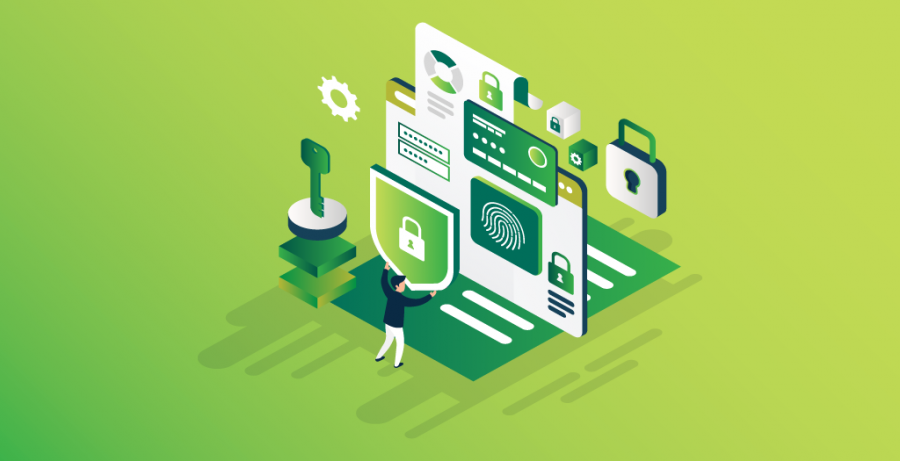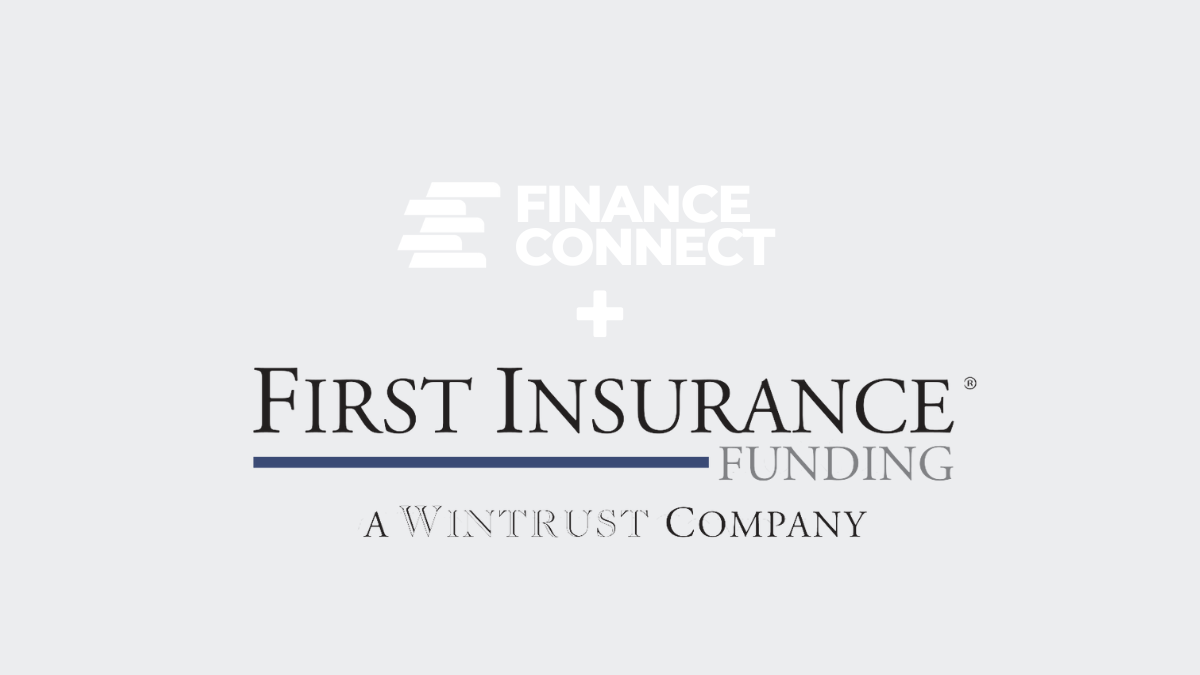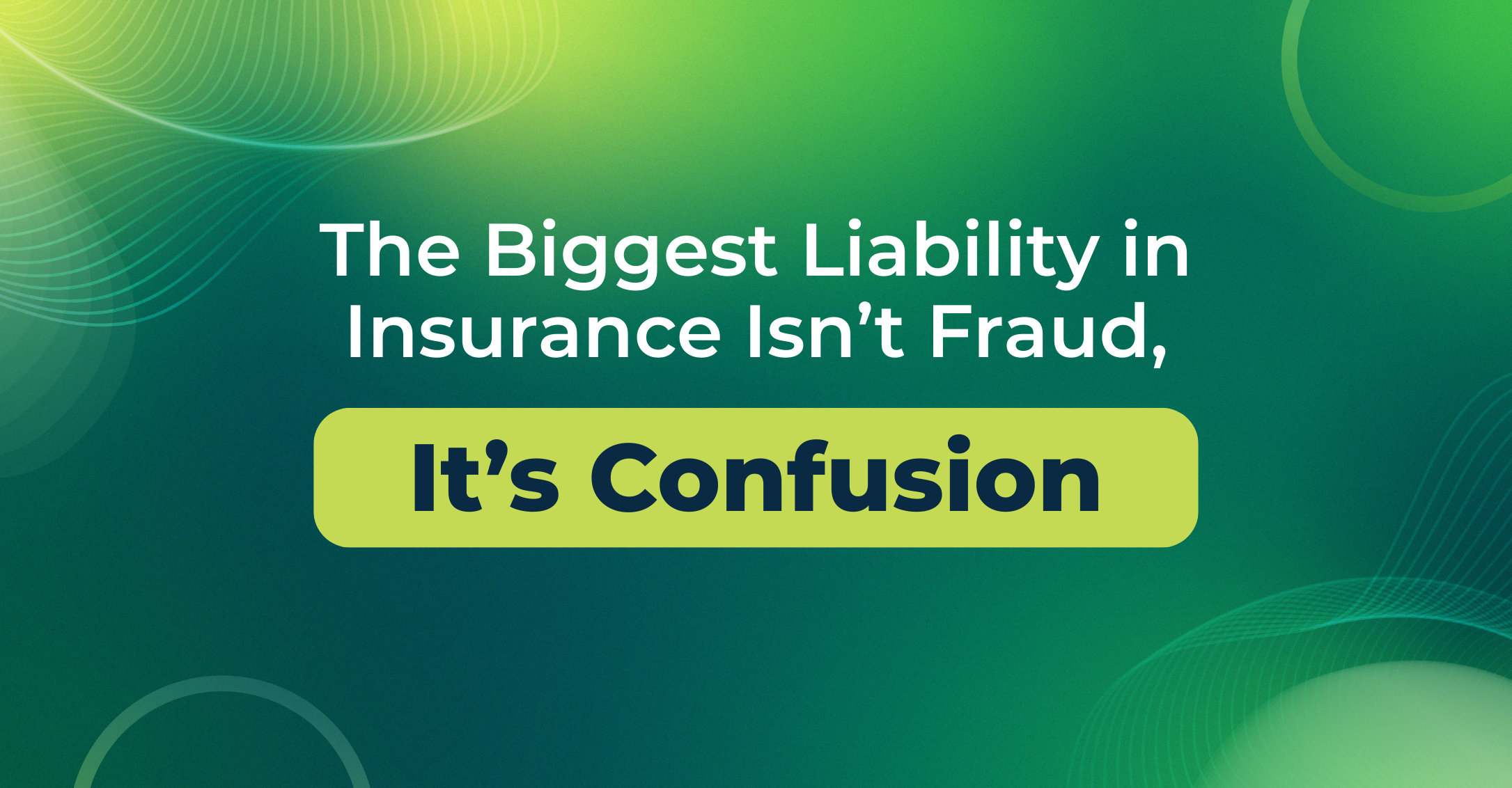As the world becomes more and more digital, online payments have become the norm—even in the insurance world. However, with the convenience of online transactions comes risk, and organizations must ensure that card transactions are secure and compliant with industry standards. PCI compliance matters for online insurance payments because it protects your customers’ data and defends your agency against fines and reputational damage.
Here’s a quick overview of what PCI means, what it entails, and why PCI DSS compliance is important in insurance. We also explain how ePayPolicy assures Level 1 compliance, so you and your customers can remain confident in the security of sensitive information.
PCI DSS Compliance in Insurance: What It Is & How It Applies
PCI compliance refers to adhering to the Payment Card Industry Data Security Standards (PCI DSS), a set of security requirements created to protect cardholder data and prevent data breaches. These standards apply to any organization that accepts, processes, stores, or transmits credit card information. PCI compliance in insurance means your agency follows strict data security standards to securely handle your clients’ credit or debit card transactions.
While PCI compliance doesn’t apply to ACH payments directly, many of its core principles (such as encryption and network monitoring) can help secure ACH transactions.
How ePayPolicy Maintains Level 1 PCI DSS Compliance
There are several levels of compliance, mostly determined by the number of transactions an organization handles each year. Because ePayPolicy is in the Level 1 (highest) tier, our seamless payment platform must follow the strictest data security protocols as defined by PCI DSS.
We validate our PCI DSS compliance through:
- Annual audits of our PCI DSS compliance by a third-party Qualified Security Assessor (QSA)
- Monthly network scans by an Approved Scanning Vendor (ASV)
- Penetration tests of our network and application
- Internal scans
At ePayPolicy, we also utilize tokenization, a process by which the primary account number (PAN) is replaced with a surrogate value called a token. Implementing tokenization instead of storing PANs is a key technology that secures cardholder data and mitigates risk of data breaches, preventing financial loss, identity theft, and reputational damage.
Why PCI DSS Compliance Is Important for Insurance Agencies
The same technologies that make everyday business more efficient also make it easier for hackers to access sensitive information, which is why PCI DSS compliance is important for insurance agencies using digital payment tools.
The Payment Card Industry Security Standards Council explains the seriousness this way: “The breach or theft of cardholder data affects the entire payment card ecosystem. Customers suddenly lose trust in merchants (that’s you) or financial institutions, their credit can be negatively affected—there is enormous personal fallout. Affected merchants and financial institutions lose credibility (and in turn, business).”
The Risks of Non-Compliance
Whether due to a failed security assessment or a confirmed breach, the consequences of non-compliance can be costly—financially and reputationally. Non-compliance with PCI DSS can result in:
- Substantial fines and penalties from payment card companies
- Increased risk of a data breach
- Loss of customer trust and long-term reputational damage
We’ve all heard the horrifying stories of major data breaches affecting millions of consumers. But security breaches are not just for big-name retailers or credit bureaus. Theft of sensitive financial information can happen to any size or type of business.
The Value of Compliance
By following PCI requirements, insurance organizations can demonstrate their commitment to protecting customer data and providing a secure payment environment. This builds customer trust and loyalty, which is essential in the highly competitive insurance industry. That’s why PCI DSS is important for every business handling cardholder data.
How ePayPolicy Supports PCI DSS Compliance for Insurance
As the payment processor, ePayPolicy takes full responsibility for safeguarding the security of all credit and debit card payments on behalf of clients. We continuously test our platform to make sure it’s secure from hackers.
ePayPolicy is a PCI Level 1 service provider. A service provider is a business entity that isn’t a payment brand, but is directly involved in the processing, storage, or transmission of cardholder data on behalf of another business. In our case, we are a service provider for insurance organizations. As one of our clients, you don’t have to manage PCI compliance internally—we’ve already done the work for you.
Irene Herman, CEO of Riskguard Insurance and an ePay client, says, “People have confidence in us that our system is confidential and private. We let them know, if they are skeptical, that ePayPolicy is PCI Level 1 compliant. The money goes straight into the bank. We don’t even know the client’s account number.”
We certify Level 1 compliance on our end so you can concentrate on what you do best: delighting your customers and running your business.
If you’re still curious, discover all things PCI DSS at the PCI Security Standards Council. To learn more about how ePayPolicy can keep your agency PCI compliant, schedule a call with our team.
- Steve Millerhttps://epaypolicy.com/blog/author/steve-miller/
- Steve Millerhttps://epaypolicy.com/blog/author/steve-miller/
- Steve Millerhttps://epaypolicy.com/blog/author/steve-miller/
- Steve Millerhttps://epaypolicy.com/blog/author/steve-miller/




